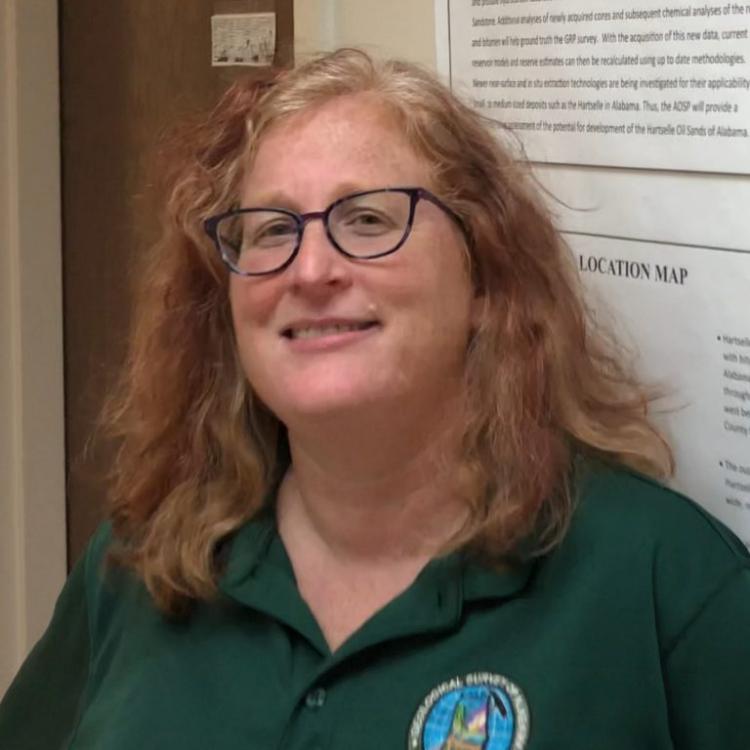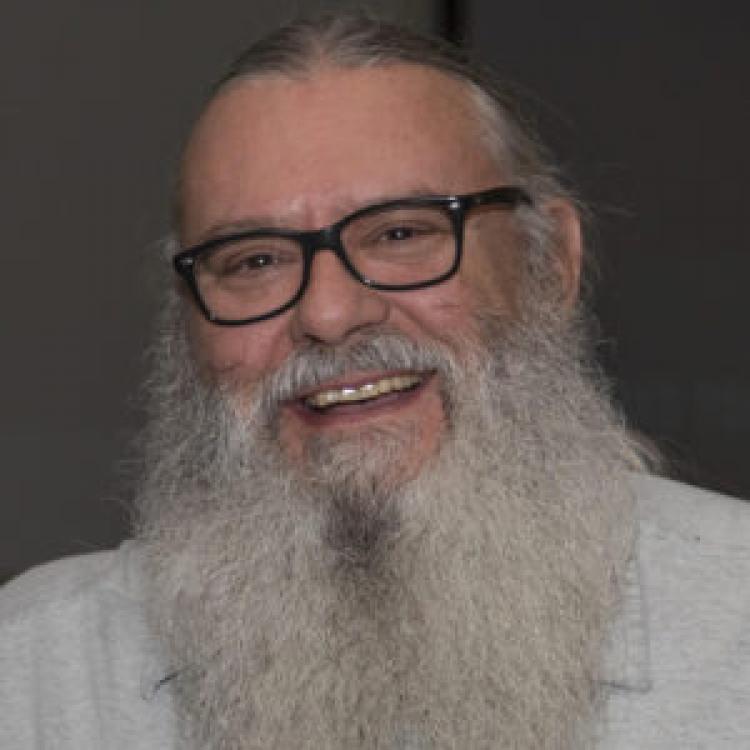Sudhir Shrestha
Sudhir Raj Shrestha currently works at the Environmental Systems Research Institute (ESRI) as Solution Engineer Researcher supporting geospatial science applications in NASA, JPL, NOAA, and USDA ARS and industry partners like Microsoft and Amazon. He is a scientific data enthusiast with a keen interest in making data easily Discoverable and Interoperable. His research focuses on Geographic Information Science, Geoscience, Agricultural Science and Soil Science. His interests and expertise fall in development and implementation of new and innovative geospatial methods and techniques.
- Read more about Sudhir Shrestha
- 21 views










